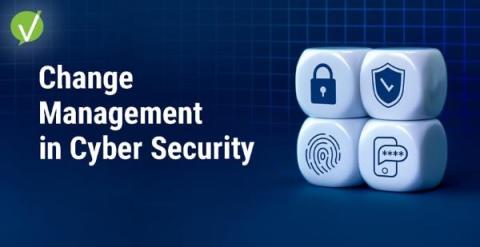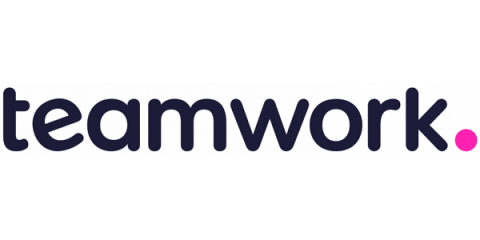Teams | Collaboration | Customer Service | Project Management
%term
What is Change Management in Cyber Security? System Integrity
In this blog, we will explore the concept of change management in cyber security and its importance in maintaining system integrity. Change management is a structured process that organizations implement to handle system or service changes related to information security. By effectively managing these changes, businesses can mitigate security risks, adapt to new cyber threats, and ensure the smooth implementation of cybersecurity initiatives.
Smart restaurant solution Lunchbox reduced 50% of its manual efforts using Zoho Projects.
Performance monitoring - Identify and improve workplace inefficiency
What do customers really want from bots? #ZendeskAI has the solution
The evolution of the HR operating model: Integrating people and culture strategies
Human Resources (HR) have experienced an important change in the constantly changing field of people management. With a variety of titles like People Operations, Human Capital, or Employee Experience Architect, HR is emerging as a key role in navigating the unknowns of the work of the future as we stand on the edge of a new age. Today’s HR professionals face a variety of challenges in this dynamic climate, which calls for a proactive and strategic vision.
6 tactics for scaling resource management in enterprise orgs
Managing resources effectively is crucial for large enterprises to succeed. As organizations grow in size and complexity, work that was once manageable becomes a multifaceted challenge as more projects, cross-functional teams, and objectives enter the mix. Often, enterprise leaders find themselves tackling demands and shifting priorities to maintain efficient and effective resource management.
A Step-by-step Guide for E-commerce Customer Service Strategy
The COVID-19 crisis has pushed us all out of our comfort zones – both merchants and consumers. What might have evolved over a decade happened within eight weeks in 2020, when retailers quickly launched e-commerce websites and figured their way through digital payment, order fulfillment, and warehouse management processes. Consumers got equally adventurous too.
10 business intelligence tools for small businesses
Think business intelligence (BI) is only for the big guys? Not anymore. In the past, business intelligence software was expensive and effectively limited to big businesses. Integrating it into existing systems (let alone running it) required more resources and IT infrastructure than the typical small to mid-sized professional service firms could muster.
Importance Of Attendance At Work | 10+ Ways to Improve Employees Attendance
One primary importance of attendance at work lies in fostering trust and accountability. A dependable workforce ensures that projects progress smoothly, deadlines are met, and a culture of reliability prevails. Employers benefit from enhanced team collaboration, while employees experience heightened job security and accomplishment. Addressing attendance challenges head-on, employee attendance tracking software emerges as a transformative solution.











